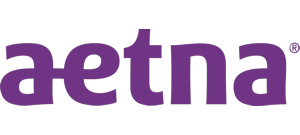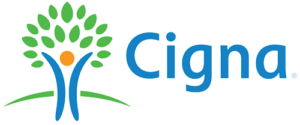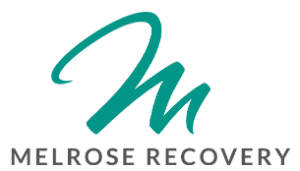Home – Premier Drug and Alcohol Rehab in Los Angeles
Home – At Melrose Recovery, we believe everyone deserves a second chance. Our foundation is built on lived experience—where struggles with substance use no longer define us, but instead fuel our mission to help others reclaim their lives.
We offer transformative recovery rooted in acceptance, connection, and support. Our purpose is to guide individuals facing alcohol and drug addiction toward lasting freedom, empowering them to break the cycle and build a brighter future.
Since 2015, Melrose Recovery is dedicated to changing lives. Our comprehensive substance abuse treatment approach encompasses detoxification, residential care, and aftercare services, all tailored to meet each individual’s unique needs on their recovery journey.
Led by a compassionate team of addiction professionals and counselors, we offer a range of therapy programs designed to support and guide couples and individuals suffering drug & alcohol withdrawal toward lasting sobriety. At Melrose Recovery, we believe in the power of personalized care and diverse treatment options to pave the way for a brighter future.
Our Mission
Insurance Coverage Made Easy at Melrose Recovery
At Melrose Recovery, we understand that navigating insurance coverage can be overwhelming. That’s why we’re committed to making the process as seamless as possible for you. We proudly work with major insurance providers, including Aetna, Beacon, BCBS, Cigna, Horizon Insurance, and Multiplan. If you don’t see your insurance provider listed, don’t worry – our dedicated team is here to assist you in exploring your options and finding a solution that works for you. Your journey to recovery starts here, with support every step of the way.





Get Started on Your Personal Journey to Addiction Recovery
Before you can get to aftercare, you have to take the first step. Overcoming addiction is a genuine choice when you decide to quit and enlist the help of therapist. Contact the addiction treatment specialist at Melrose Recovery to start the rehab admission paperwork and process.
Licenses and Accreditations


Get In Touch
info@melroserecovery.com
501 North Mariposa Ave, Los Angeles, CA 90004




